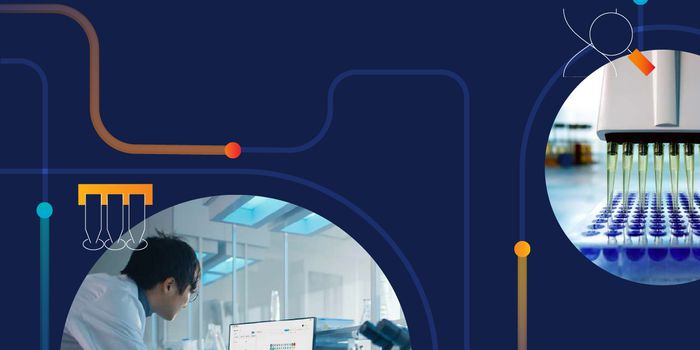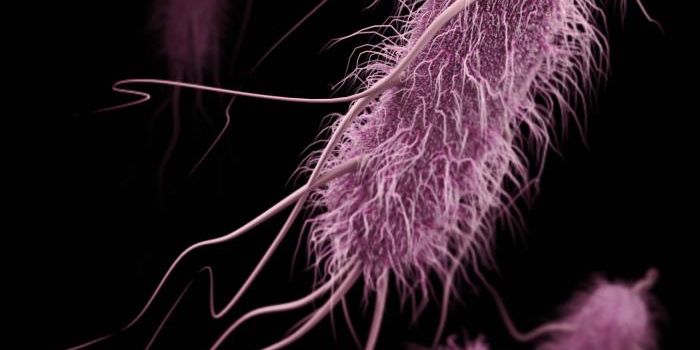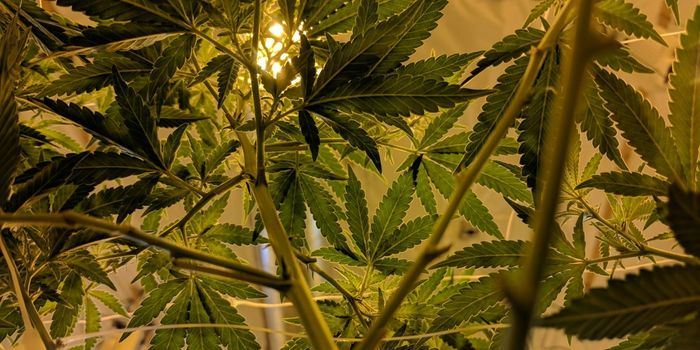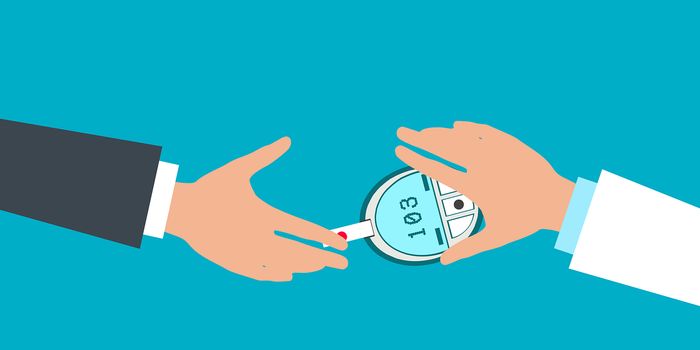Is Caffeine Good or Bad for Migraines?
The short answer is it's still not certain if caffeine helps or worsens migraines, but chronic consumption of caffeine is associated with an increased migraine burden. This association may exist because caffeine intake contributes to migraines or because migraine sufferers consume more caffeine in an effort to treat their migraines. Researchers also caution that "migraines" that appear to be relieved by caffeine consumption may not be true migraines but headaches from caffeine withdrawals that resolve when caffeine is consumed.
So how does caffeine jolt us awake and possibly influence migraines? The answer lies in its effects on the nervous system through the adenosine receptor.
Adenosine is a chemical formed by the breakdown of adenosine triphosphate (ATP), a compound found in all forms of life to provide energy to cells. In the nervous system, adenosine inhibits neuronal excitability, inhibiting motor activity and promoting sleep. Caffeine is an adenosine receptor antagonist – it binds to adenosine receptors to block their inhibitory effects. Caffeine's interaction with adenosine is also thought to contribute to its ability to reduce pain.
Migraines involve recurrent, intense head pain and hypersensitivity to sensory stimuli. They're usually preceded by predictable symptoms different for each sufferer, such as nausea, yawning, visual alterations, difficulty concentrating, and increased emotionality. After head pain has resolved, fatigue and continued difficulty concentrating may be present. Migraines can be triggered by stress, bright light, or poor sleep and have peak occurrences early in the morning and in the afternoon. The underlying pathophysiology of migraines remains unknown, but increased adenosine levels during migraine attacks have been found and adenosine given intravenously can trigger migraines.
Researchers suggest a need for studies examining how long-term elimination of caffeine affects migraine burden to see if there's a reduction in burden from reduced caffeine intake.
Sources: PubMed









